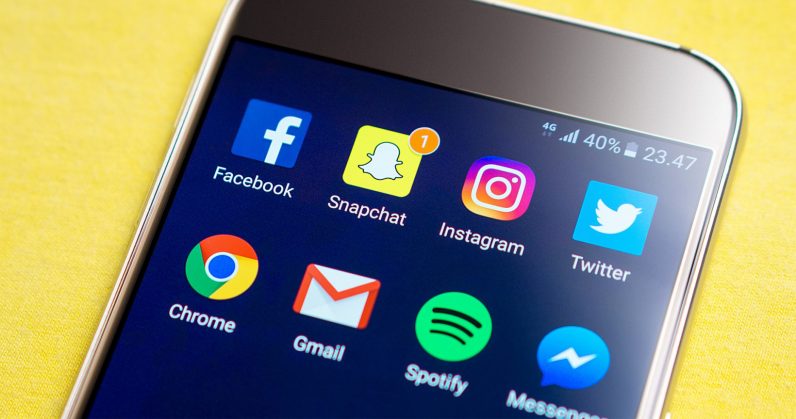Oh, apropos of nothing, KC reports:
In the "tone deaf moves on the day of a strike" department, I just learned that Lyft chartered a boat I used to work on for a company yacht party today.
In a document filed with the Securities and Exchange Commission, the ride-hail company reports that it seeks, as part of its growth strategy, not just to get people out of private cars but to get them off public buses and trains. Those public services would be replaced by Uber Buses, now being tested in Cairo.That stunning revelation is deep in a 300-page document called an S1, which the SEC requires for any company planning an initial public offering. [...] Uber admits in the document that it might never make a profit; that it continues to lose billions by underpricing its product (rides) to gain customer loyalty and market share; and that its entire business model could collapse if regulators or the courts decide that its drivers are employees, not private contractors.
So how is this company going to be attractive to investors? By about page 160, the company starts talking about its "Total Addressable Market." [...]
Increasing Ridesharing penetration in existing markets. [...] We believe we can continue to grow the number of trips taken with our Ridesharing products and replace personal vehicle ownership and usage and public transportation one use case at a time, including through continued investment in our affordable Ridesharing options, such as Uber Bus and Express POOL.The company, as far as I know, has never admitted that before. Its PR materials always talk about the environmental benefits of getting people out of private cars. The idea of decimating public transportation in the name of profits for a global corporation is pretty scary.
We have seen this before, starting in the 1930s, when a handful of big companies including General Motors and Standard Oil bought up urban rail lines around the country to force people to buy private cars. This is now considered a dark moment in environmental and transportation policy that created, among other things, the freeways and smog of Los Angeles and the end of rail transit on the Bay Bridge.
There's a reason transportation, especially urban transportation, is public. Many Muni lines would lose money if they were treated as business ventures; they don't have enough passengers to justify their existence. But San Francisco has a policy of making transit available to everyone, in every neighborhood.
The 8 Bayshore and the 9 San Bruno, for example, serve southeast neighborhoods that badly need transit access -- but that likely wouldn't get an Uber bus.
But Uber is telling Wall Street that its future as a company may depend on its ability to convince people to take private cars and buses instead of public transit, starving transit and ultimately forcing everyone to pay Uber to get around.
Sup. Aaron Peskin, who chairs the Land Use and Transportation Committee and has long been critical of Uber, told me that "this sounds like a Machiavellian plan to harm the tens of millions of people who rely on public transit ... if there's a definition of evil, this is it." [...]
Uber would probably not exist in its current format if San Francisco and other cities had not allowed it to break the law and run illegal cabs for years. Now, as always seems to be the case, policy-makers are scrambling to figure out how to deal with the impacts of Uber-friendly policies.
Previously, previously, previously, previously, previously, previously, previously, previously.

 Cap says, "Don't be a scab!"
Cap says, "Don't be a scab!"